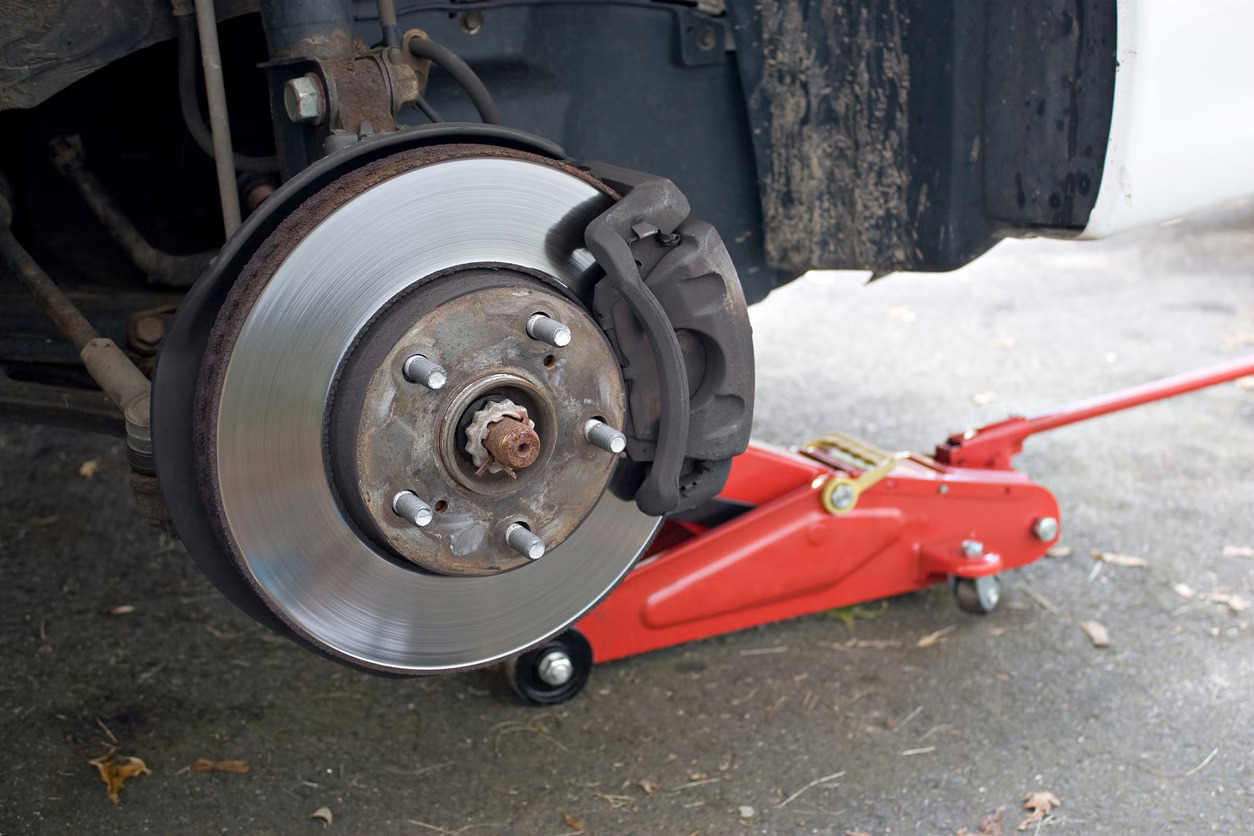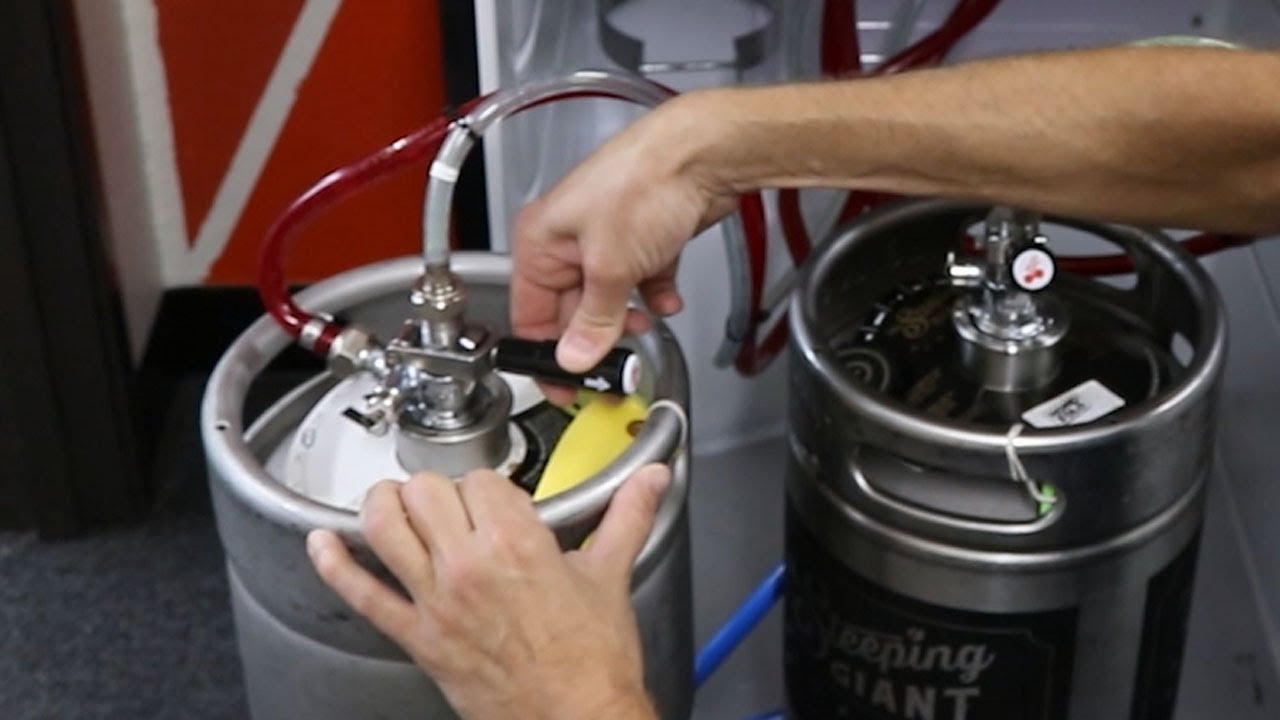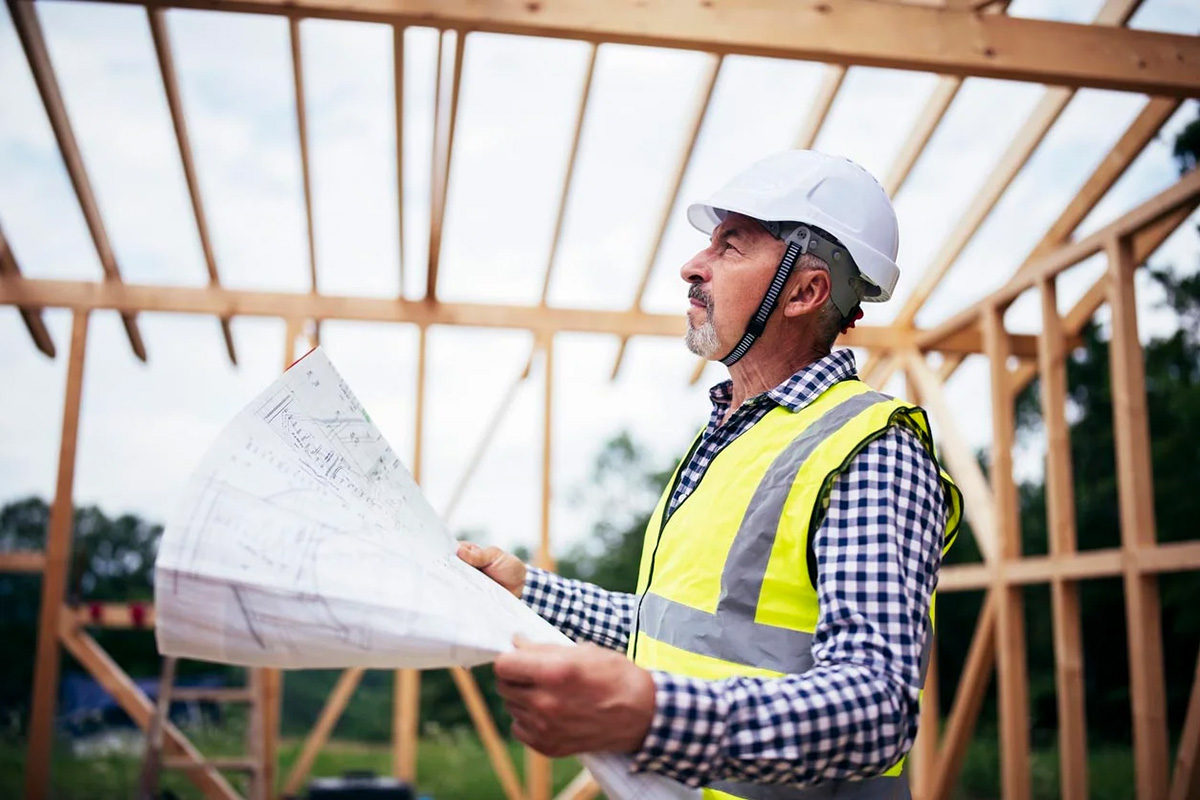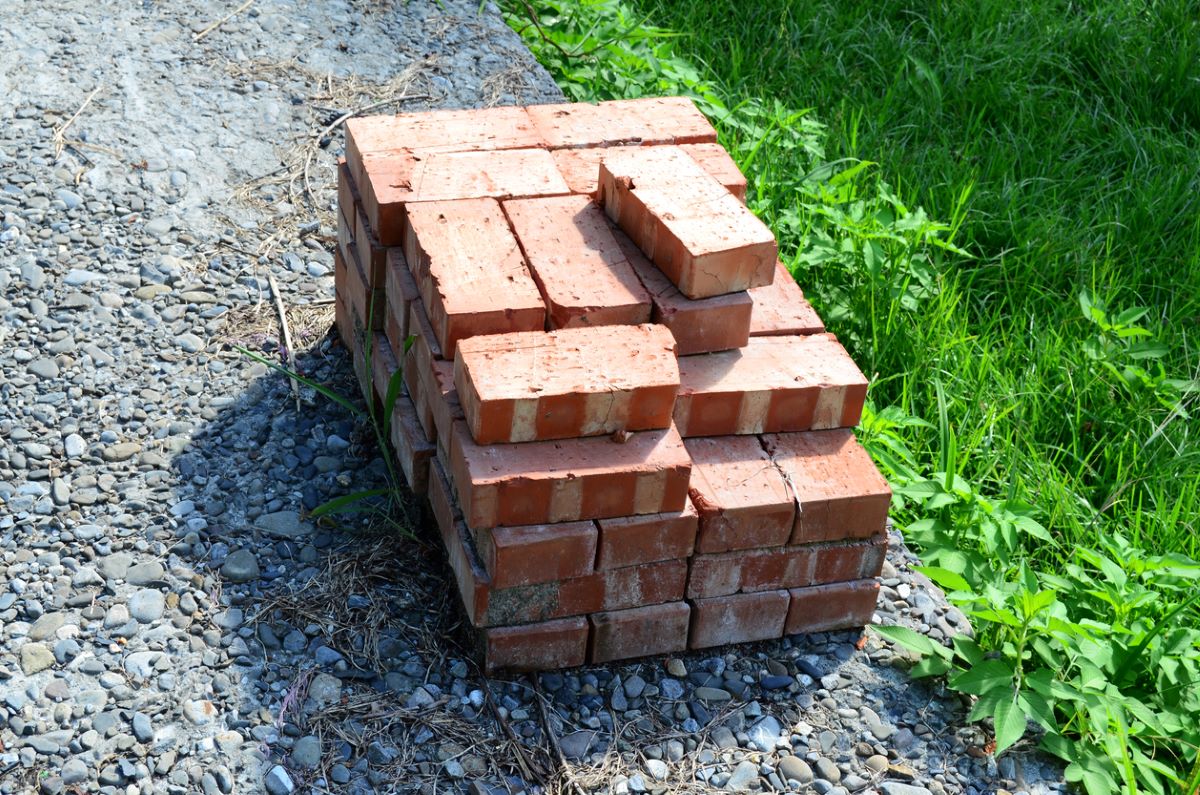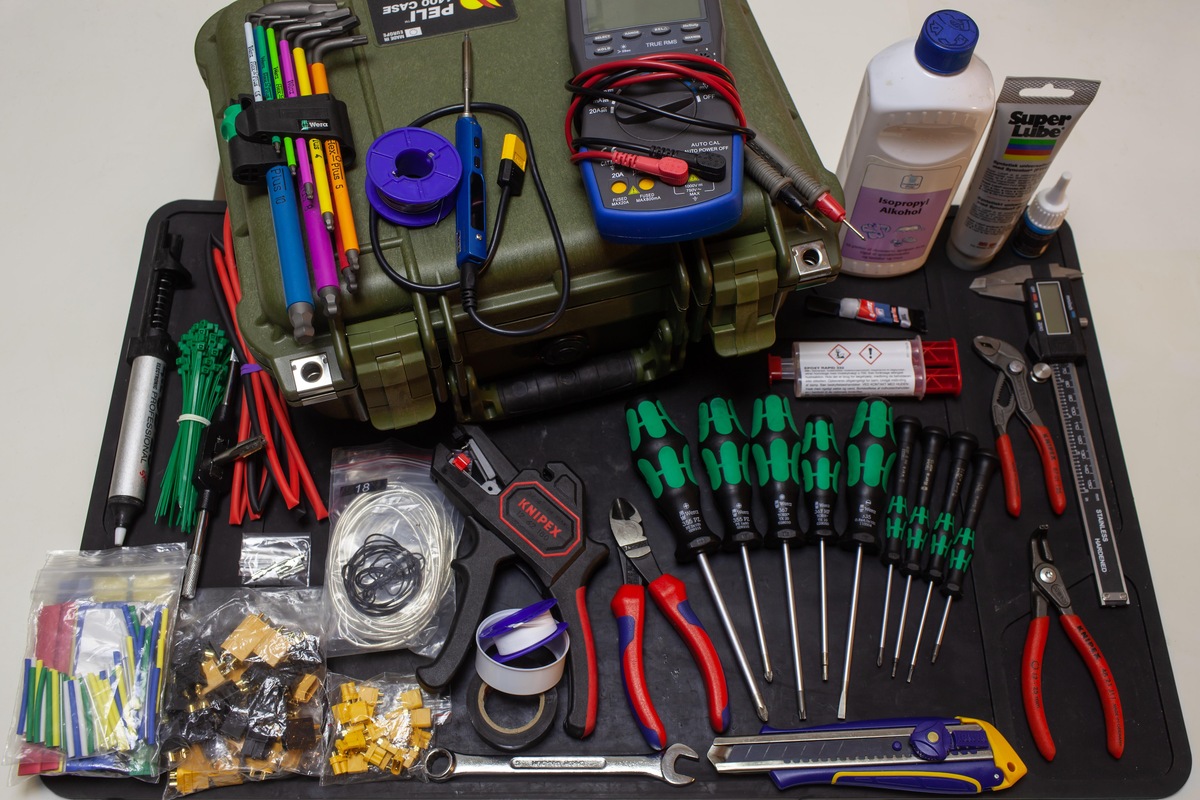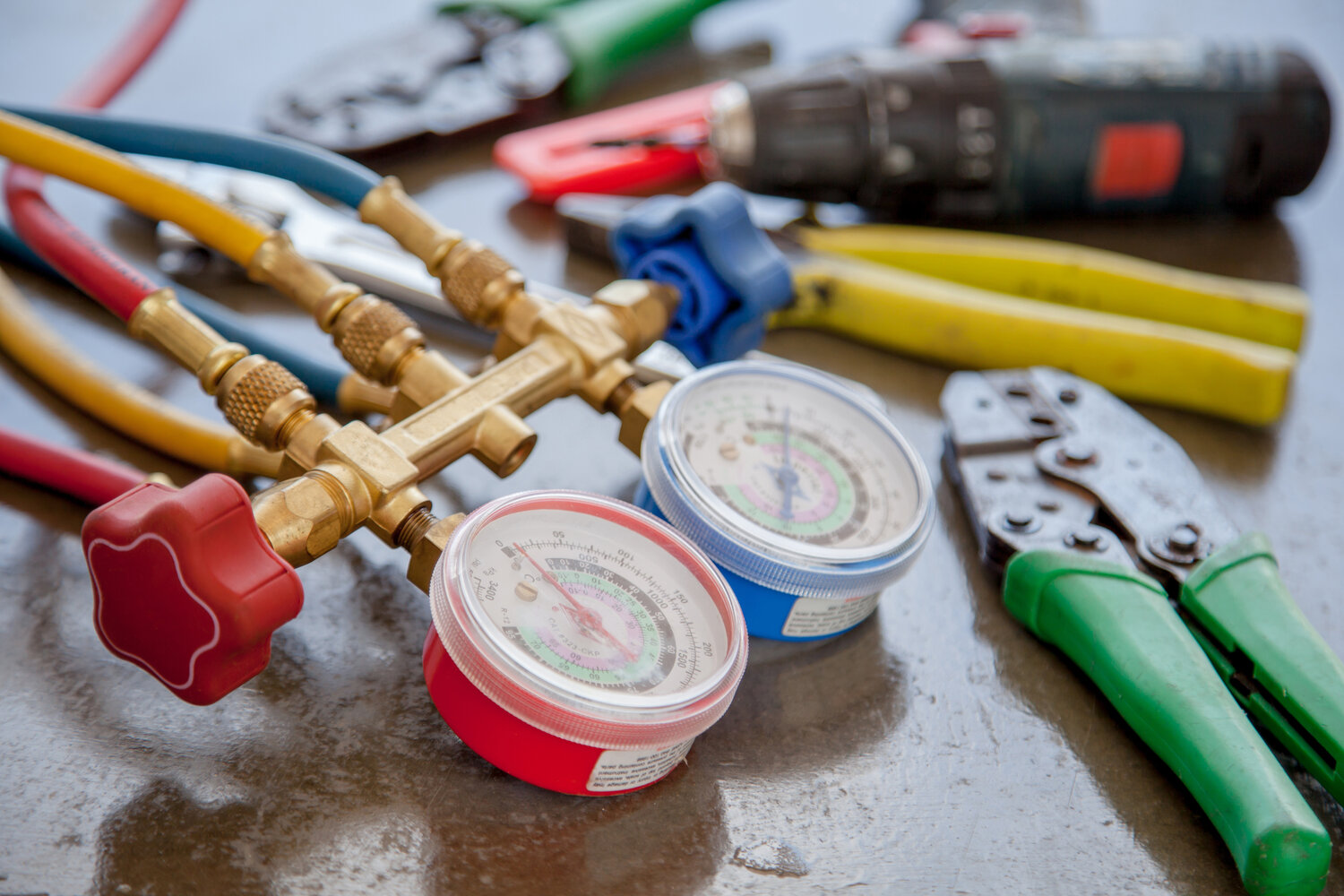Home>Home Maintenance>What Can You Do If You Need Major Home Repair While In Bankruptcy
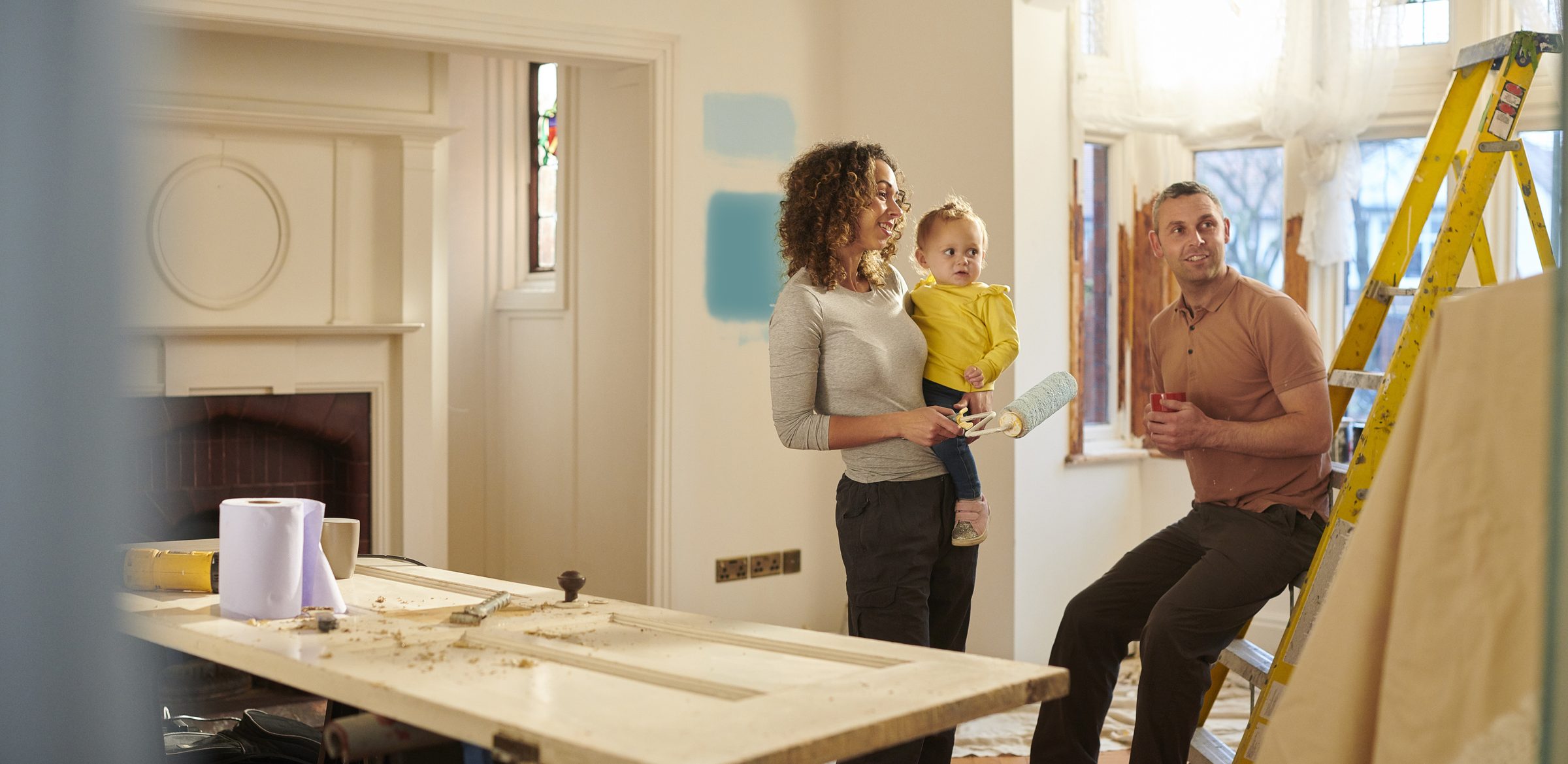

Home Maintenance
What Can You Do If You Need Major Home Repair While In Bankruptcy
Modified: March 6, 2024
Find out what options are available for major home repair while in bankruptcy. Learn how to navigate home maintenance concerns during financial challenges.
(Many of the links in this article redirect to a specific reviewed product. Your purchase of these products through affiliate links helps to generate commission for Storables.com, at no extra cost. Learn more)
Introduction
Welcome to our guide on what to do if you find yourself in need of major home repairs while navigating the complexities of bankruptcy. It can be a stressful and challenging situation to face, especially when you’re already dealing with financial difficulties. However, it’s important to remember that you have options and resources available to help you address your home repair needs.
When unexpected home repair issues arise, such as a leaky roof, a malfunctioning HVAC system, or a cracked foundation, it can be overwhelming to figure out how to cover the expenses. Adding to the complexity, if you’re currently going through bankruptcy, you might be concerned about how these repairs will fit into your financial situation.
While bankruptcy can provide you with relief from overwhelming debts and help you get back on track, it’s essential to understand the implications it may have on your home repair plans. In this guide, we will explore various options to finance your major home repairs, discuss assistance programs available to homeowners in bankruptcy, provide tips for working with contractors and service providers, and outline effective communication strategies with your bankruptcy trustee.
We understand that facing major home repairs during bankruptcy can be a daunting experience. This guide aims to provide you with the necessary information and guidance to help you make informed decisions and find the best solutions for your specific needs. Remember, you are not alone, and there are ways to navigate both the financial and home repair challenges that you might be facing.
So, let’s get started on exploring the paths you can take when confronted with major home repair needs while in bankruptcy, and how to overcome these obstacles to ensure a safe and comfortable living environment for you and your family.
Key Takeaways:
- Don’t panic if you need major home repairs during bankruptcy. Explore financing options, assistance programs, and communicate with your trustee to navigate the situation successfully.
- Prioritize safety and well-being. Research financing options, assistance programs, and communicate openly with your trustee to address major home repairs during bankruptcy.
Read more: What Do You Need For Home Improvements?
Understanding Major Home Repair Needs
Before delving into the options for financing and assistance programs, it is crucial to fully understand the nature of major home repair needs. Major home repairs typically refer to significant issues that can affect the structural integrity, safety, or functionality of your home. These repairs can arise from various situations, including natural disasters, wear and tear over time, or sudden accidents.
Some examples of major home repairs include:
- Roof replacement or repair
- Foundation repairs
- Plumbing or electrical system overhaul
- Heating, ventilation, and air conditioning (HVAC) system replacement
- Mold remediation and water damage restoration
- Structural repairs due to termite infestations or other pest-related issues
These repairs often require professional expertise and can be costly, leading to potential financial strain, especially if you are already going through bankruptcy. It’s important to assess the severity and urgency of your home repair needs to determine the best course of action for addressing them.
Start by carefully inspecting your home and identifying any visible signs of damage or areas in need of repair. If you’re unsure about the extent of the issue or require a more in-depth analysis, consider hiring a licensed contractor or a home inspector to assess the situation and provide a professional opinion.
Once you have a clear understanding of the repairs required, you can begin exploring the various options available to finance these repairs or take advantage of assistance programs that offer support to homeowners in need.
Exploring Options for Financing Major Home Repair
When facing major home repair needs, financing options can help you cover the costs and address the issues promptly. Here are a few avenues to consider:
- Personal Savings: If you have any personal savings or emergency funds, utilizing these resources may be the quickest and most straightforward option to finance your home repairs. While it may deplete your savings temporarily, it can provide immediate relief and prevent further damage to your home.
- Home Equity Loan or Line of Credit: If you have built up equity in your home, you might be eligible for a home equity loan or line of credit. These options allow you to borrow against the value of your home and can provide a lump sum or a revolving credit line to fund your repairs. However, keep in mind that taking on additional debt should be done cautiously, considering your current financial situation and bankruptcy proceedings.
- Government Loans: Investigate whether there are any government-backed loan programs available that specifically address major home repairs. For instance, the Federal Housing Administration (FHA) offers Title 1 loans for home improvements, while the U.S. Department of Agriculture (USDA) and the U.S. Department of Housing and Urban Development (HUD) provide financial assistance for repairs in certain rural and low-income areas.
- Insurance Claim: Check your homeowner’s insurance policy to determine whether your repairs may be covered under certain circumstances. For example, if the damage was the result of a covered peril, such as a storm or fire, filing an insurance claim could help offset the costs. Be sure to review the terms and conditions of your policy and consult with your insurance provider for guidance through the claims process.
- Community Programs and Nonprofit Organizations: There may be community-based programs or nonprofit organizations that offer grants or low-interest loans to homeowners in need. These programs often focus on assisting low-income individuals or those facing financial hardships. Research local organizations or reach out to community development agencies to explore potential options for funding your repairs.
- Contractor Financing: Some contractors or service providers may offer financing options for their services. This can be beneficial if you have a good relationship with a reliable contractor who understands your financial constraints and can offer flexible payment plans. However, be cautious when entering into financing agreements and carefully review the terms and interest rates before committing.
Remember, in all cases, it’s essential to assess your financial situation, consult with a financial advisor if necessary, and consider how these financing options align with your bankruptcy proceedings and long-term financial goals.
Now that we have explored potential ways to finance your major home repairs, let’s move on to discussing assistance programs specifically designed to support homeowners in bankruptcy.
Assistance Programs for Homeowners in Bankruptcy
While dealing with bankruptcy, it’s important to know that there are assistance programs available to provide support and financial relief specifically for homeowners facing major repair needs. These programs can help you navigate the challenging situation and ensure that your home remains safe and habitable. Here are some options to consider:
- Home Affordable Modification Program (HAMP): HAMP is a federal program designed to help struggling homeowners modify their mortgage loans. While it primarily focuses on preventing foreclosures, it may also provide assistance for repairs if they are crucial to maintaining the home’s value. Contact your mortgage servicer or a housing counseling agency approved by the Department of Housing and Urban Development (HUD) to inquire about HAMP eligibility and available options.
- Local Housing Rehabilitation Programs: Many local governments offer housing rehabilitation programs that provide financial assistance or low-interest loans to homeowners in need of repairs. These programs are often income-based and may have specific eligibility criteria. Check with your local housing authority or community development agency to see if there are any programs available in your area.
- State and Federal Grants: Some states and federal organizations provide grants to assist homeowners in need of major home repairs. These grants can help cover the costs of repairs without the need for repayment. Research grants offered by your state or explore programs from agencies such as the U.S. Department of Agriculture (USDA) or the U.S. Department of Housing and Urban Development (HUD).
- Nonprofit Organizations: Various nonprofit organizations, such as Habitat for Humanity and Rebuilding Together, offer assistance to homeowners in need. These organizations might provide volunteer labor, discounted materials, or financial resources to support repairs. Reach out to local chapters or national offices to inquire about their programs and services.
- Bankruptcy Trustee Approval: In some cases, if the necessary repairs are critical for the safety and livability of your home, you may be able to seek approval from your bankruptcy trustee to use funds from your bankruptcy estate to cover the repair costs. You will need to provide detailed documentation and demonstrate that the repairs are essential. Consult with your bankruptcy attorney for guidance on this option.
Each assistance program has its own eligibility criteria and application process. It’s crucial to research and understand the requirements before applying. Consult with a bankruptcy attorney or a housing counselor to determine the best assistance programs for your situation and get guidance on the application process.
Now that we’ve explored financing options and assistance programs, let’s move on to discussing important considerations when working with contractors and service providers for your major home repairs.
If you need major home repair while in bankruptcy, consider reaching out to local non-profit organizations, government agencies, or community resources for assistance. They may be able to provide help or connect you with resources to address your home repair needs.
Working with Contractors and Service Providers
When it comes to major home repairs, finding reliable and trustworthy contractors or service providers is crucial. Here are some valuable tips to help you navigate the process of working with contractors:
- Do Your Research: Take the time to research and vet potential contractors before hiring them for your project. Look for contractors who specialize in the type of repair you need and have a good reputation in the industry. Read online reviews, ask for recommendations from friends or family, and gather multiple quotes to make an informed decision.
- Check Credentials: Verify that the contractors you’re considering are licensed, bonded, and insured. This is important for your protection and ensures that the contractor meets the necessary standards and regulations for the work they will be undertaking.
- Get Written Estimates: Request written estimates from multiple contractors so you can compare pricing, scope of work, and timelines. Beware of contractors who provide significantly lower estimates as it may indicate subpar workmanship or the use of lower-quality materials.
- Review Contracts Carefully: Once you’ve selected a contractor, review the contract thoroughly before signing. Ensure that all aspects of the project are clearly outlined, including start and completion dates, materials to be used, payment terms, and any warranties or guarantees offered. Seek legal advice if needed to fully understand the contract terms.
- Set Clear Expectations: Communicate your expectations clearly to the contractor. Discuss your budget constraints, project timelines, and any specific concerns or considerations. This will help ensure that both parties are on the same page and minimize misunderstandings or disputes along the way.
- Ask for References: Request references from the contractor and follow up with them to get feedback on their experiences. Ask about the quality of work, adherence to timelines, and overall satisfaction. This will give you additional insights into the contractor’s professionalism and reliability.
- Monitor the Progress: Stay involved in the project by regularly checking on the progress and addressing any concerns promptly. Maintain open lines of communication with the contractor throughout the process to ensure that the work is being carried out according to your expectations.
- Make Payments Wisely: Be cautious when making payments to contractors. Avoid paying large sums upfront and consider dividing the payments into installments based on milestones or completed work. It’s common practice to withhold a portion of the final payment until the project is fully completed to your satisfaction.
Working with reputable contractors and service providers can help ensure that your major home repairs are done efficiently and effectively. Remember, trust your instincts and don’t hesitate to seek advice from professionals or experts in the field if you have any uncertainties or concerns.
Next, let’s discuss the importance of communicating with your bankruptcy trustee when facing major home repairs while in bankruptcy.
Communicating with Your Bankruptcy Trustee
When you’re going through bankruptcy and facing major home repair needs, it’s important to maintain open and transparent communication with your bankruptcy trustee. Your trustee plays a crucial role in overseeing your bankruptcy case, and keeping them informed about your repair situation is essential. Here are some important considerations:
- Notify Your Trustee: As soon as you become aware of the need for major home repairs, inform your bankruptcy trustee promptly. Provide them with detailed information about the repairs required, including estimates or quotes from contractors. Keeping your trustee informed from the beginning helps to establish a clear record of your intentions.
- Seek Trustee Approval: If the repair costs are significant and will impact your bankruptcy estate, you will need to seek approval from your trustee before proceeding. This is particularly important if you intend to use funds from your bankruptcy estate to cover the repair expenses. Consult with your attorney to prepare the necessary documentation and present a compelling case to your trustee.
- Maintain Detailed Records: Keep thorough documentation of all communications, estimates, invoices, and receipts related to your home repairs. This includes any interactions with contractors, service providers, or insurance companies. These records will be invaluable in demonstrating the necessity and legitimacy of the repairs to your trustee if required.
- Follow Trustee Guidelines: Your trustee may provide specific guidelines or instructions on how to proceed with the repairs while in bankruptcy. It’s crucial to follow these guidelines to ensure compliance with bankruptcy laws and regulations. Failure to do so could impact your bankruptcy case and potentially lead to complications or even dismissal.
- Inform Trustee of any Changes: If there are any changes to the repair plans, costs, or timeline, promptly inform your bankruptcy trustee. They need to be kept up-to-date with any developments that may impact your financial situation or the administration of your bankruptcy case. Transparency and open communication are key.
- Consult with your Bankruptcy Attorney: If you have any doubts or questions regarding communication with your trustee or how the home repairs may affect your bankruptcy case, consult with your bankruptcy attorney. They have the expertise and knowledge to guide you through the process and ensure that you’re making informed decisions.
Remember, your bankruptcy trustee is there to oversee your case and help you navigate through financial challenges. By maintaining open communication and following their guidance, you can address your major home repairs while staying compliant with bankruptcy laws and regulations.
Now that we’ve covered the importance of communicating with your trustee, let’s summarize the key points discussed in this guide.
Conclusion
Addressing major home repairs while in bankruptcy can be a daunting task, but it’s important to remember that you have options and resources available to you. By understanding your repair needs, exploring financing options, accessing assistance programs, working with reliable contractors, and communicating with your bankruptcy trustee, you can navigate this challenging situation successfully. Here’s a recap of the key points discussed:
Firstly, it’s crucial to understand the nature of your major home repair needs and assess their severity and urgency. This will help you determine the best course of action.
Next, explore different options to finance your major home repairs, such as personal savings, home equity loans, government loans, insurance claims, community programs, or contractor financing.
Additionally, look into assistance programs specifically designed to support homeowners in bankruptcy, including programs like HAMP, local housing rehabilitation programs, state and federal grants, and nonprofit organizations.
When working with contractors and service providers, research and vet potential candidates, check their credentials, review contracts carefully, set clear expectations, and monitor the progress to ensure a successful outcome.
Remember to maintain open and transparent communication with your bankruptcy trustee throughout the process. Notify them of your repair needs, seek their approval when necessary, and keep detailed records of all relevant documentation.
Lastly, consult with your bankruptcy attorney for guidance and clarification on how major home repairs may impact your bankruptcy case.
Though it may feel overwhelming, facing major home repairs while in bankruptcy is not an insurmountable obstacle. With careful planning, effective communication, and utilizing the available resources, you can address your home repair needs while managing your bankruptcy proceedings.
Remember, it’s crucial to prioritize your safety, well-being, and the integrity of your home. Taking the necessary steps to address major repairs can provide you with peace of mind and contribute to a safe and comfortable living environment for both you and your family.
We hope this guide has provided you with valuable insights and guidance to navigate the challenges associated with major home repairs while in bankruptcy. If you have any further questions or concerns, it’s always best to consult with professionals who can provide personalized advice based on your unique situation.
Frequently Asked Questions about What Can You Do If You Need Major Home Repair While In Bankruptcy
Was this page helpful?
At Storables.com, we guarantee accurate and reliable information. Our content, validated by Expert Board Contributors, is crafted following stringent Editorial Policies. We're committed to providing you with well-researched, expert-backed insights for all your informational needs.
